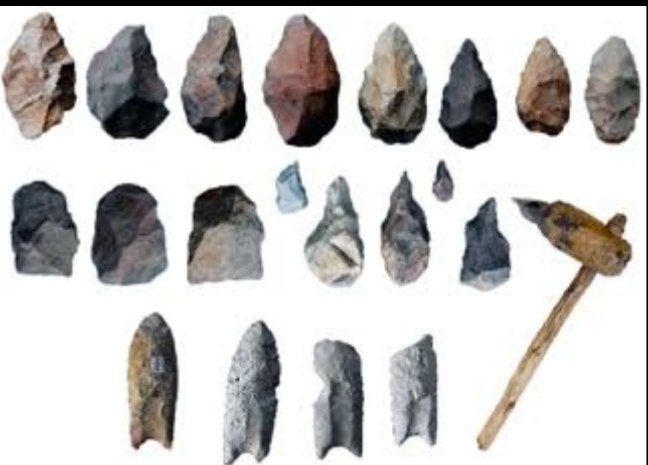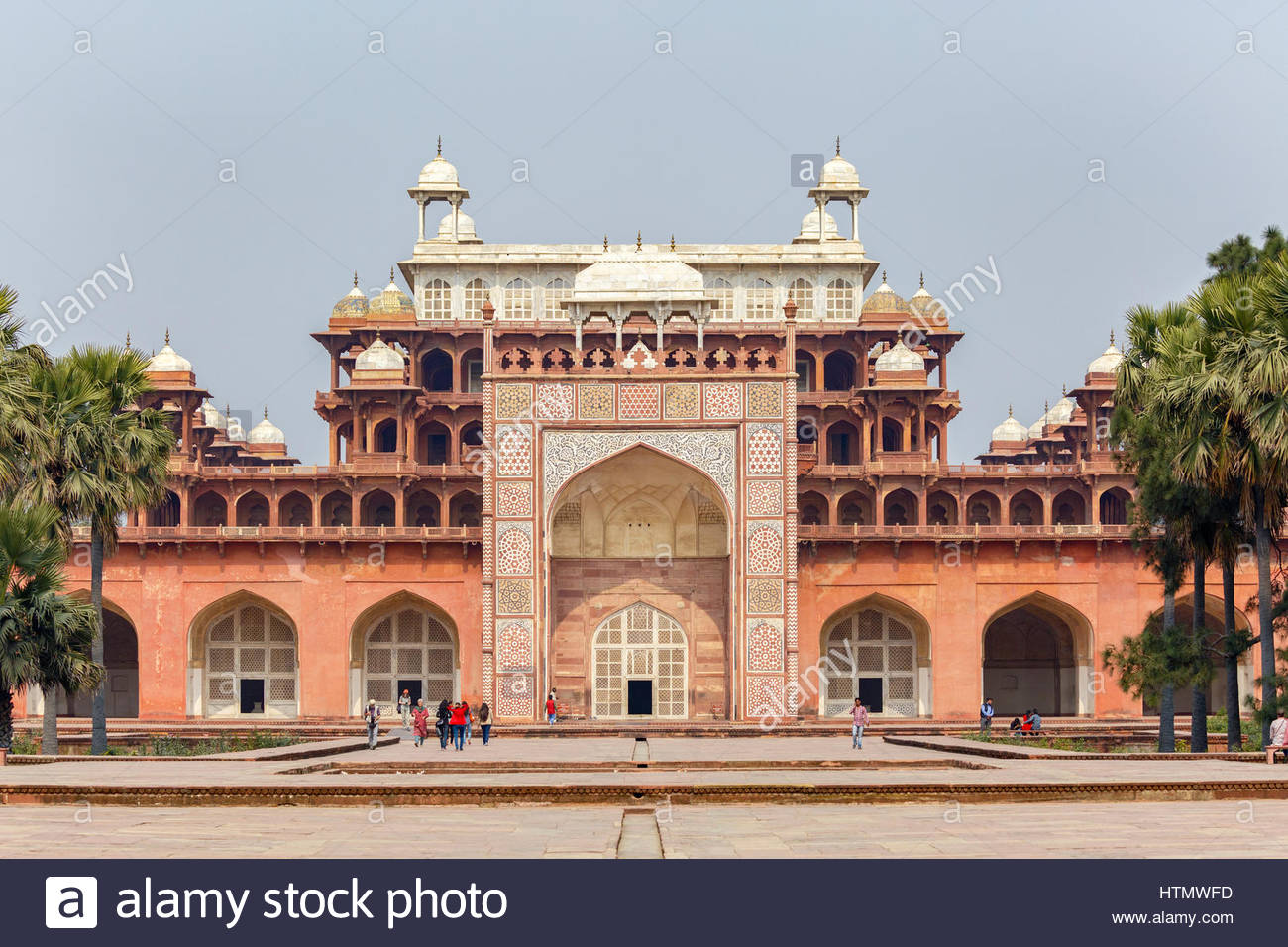
M.A. History 1st Sem: PAPER IV: MODERN INDIA: POLITICAL PROCESSES
The paper is a study of British colonialism in which India can be studied as a classic case of British
Imperialism. The historical context has been undertaken with a holistic interpretation of different approaches and
interpretations such as Colonialist, Nationalist, Marxist, Subaltern, and Gandhian. The construction of the colonial
state in north and south India followed constitutional changes which further enhanced to establish British control.
Indian nationalism responded starting with peasant and tribal revolts, mutiny of 1857, emergence of Indian National
Congress, militant movements, Subhas Bose, feminist movements

M.A. History 1st Sem: Paper I: The Punjab (mid-fifteenth to seventeenth centuries)
- This paper aims to examine the politico-administrative, social and religious milieu of Guru Nanak in order to understand his response to the contemporary environment and the foundation of Sikh movement. It also
deals with growth of Sikh movement under his first four successors, the phase of confrontation with Mughal state
and its culmination under Guru Gobind Singh. It also attempts to discuss the administrative structure, agrarian and
urban economy of the Punjab under the Mughals.

M.A. History 1st Sem : Paper II: Ancient India: An Overview
Building upon a prior basic knowledge of the history of ancient India, this course introduces the student
to the major currents in the study of that history. It focusses on the the political processes that underlay the structures
of the state and society but also takes the student into the details of social and cultural history.

M.A. History 1st Sem: PAPER III: MEDIEVAL INDIA: POLITICAL PROCESSES
This paper seeks to examine the major political developments in the Indian subcontinent during a span of
nearly five centuries i.e. from the thirteenth to the seventeenth century. It aims at an in-depth analysis of the
processes of state formation in the Delhi Sultanate and Mughal Empire. It lays emphasis on (1) the long-term
strategies that enabled these two states to establish political control and (2) to explore the functioning of political
institutions and the articulation of political ideologies. It pays equal attention to the changing composition of the
ruling class as well as the response of the powerful local elements.
